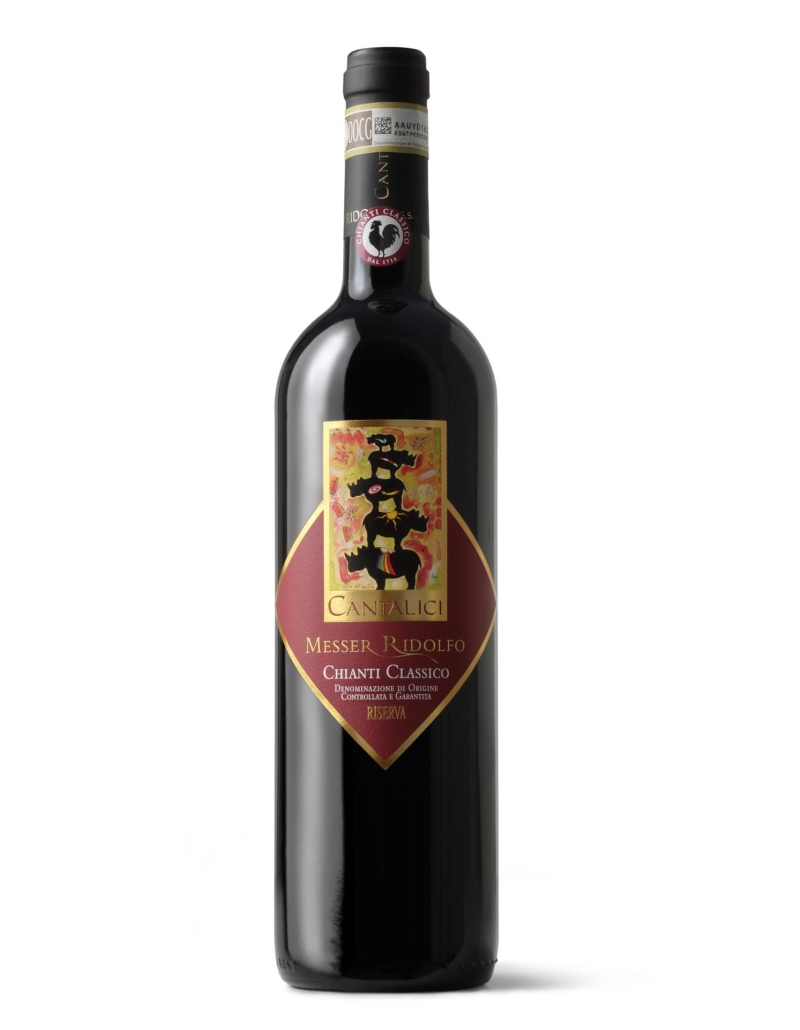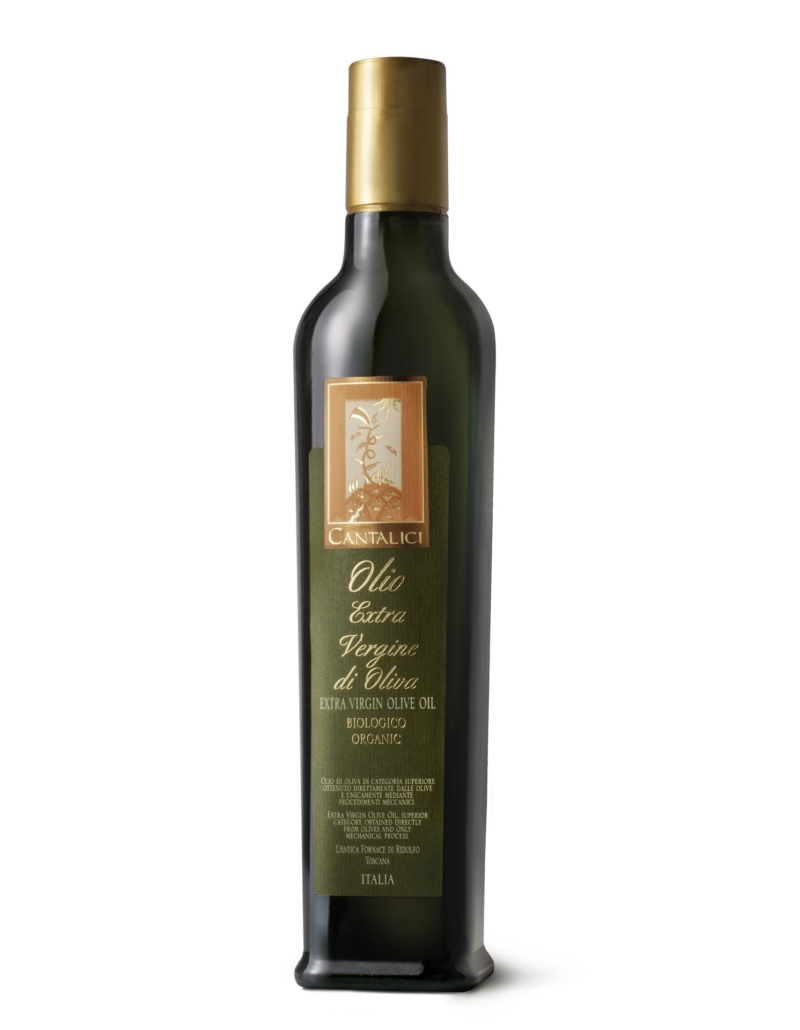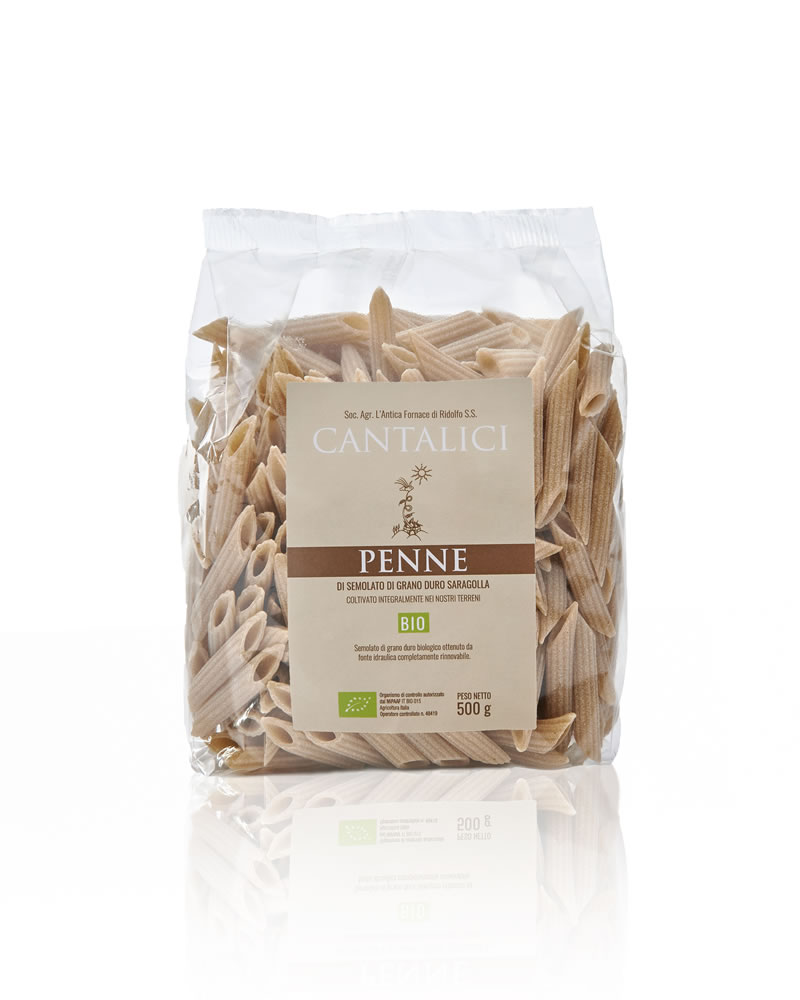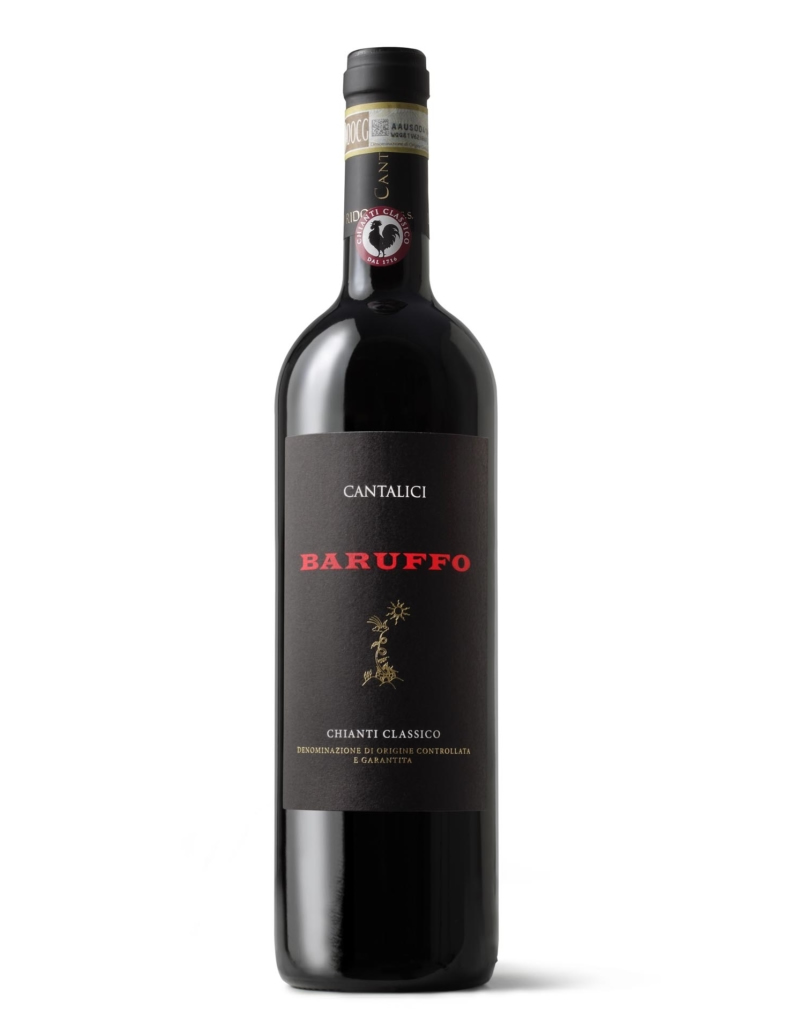Cantalici Organic Wines
Many reasons can lead a winery to convert to organic farming, but the objectives of this type of production are mainly two:
- Improve the natural fertility of the soil favoring it with limited interventions;
- Promote biodiversity of both animal and plant species and also ecological balances.
What makes a Wine Organic?
Organic production is certified by a uniform control system throughout the European Union, put into practice through specific European and national laws. The first step for a company that wants to make "organic wine" is to express its intention to the competent bodies and authorized control authorities.
In addition, only certain products are allowed in the production of organic wine. For example, the biological system prohibits the use of synthetic products, such as anti-cryptograms (cryptograms are plant parasites), fertilizers, pesticides, herbicides, and GMOs. Therefore, organic farming tends to have a very low environmental impact.
You can tell if a wine is organic through a specific label that only certified products are allowed to use.
How are Cantalici organic grapes grown?
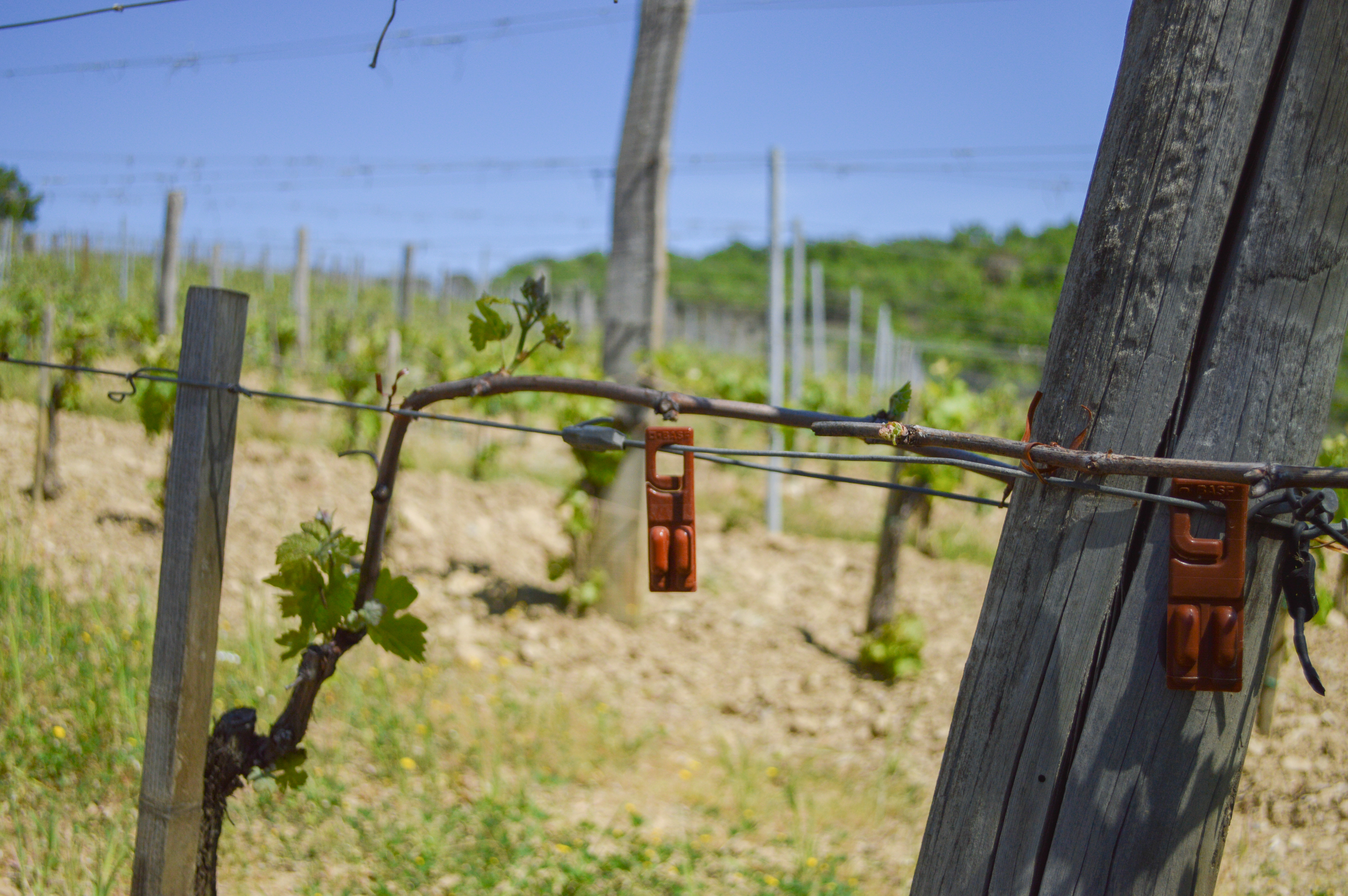 Cantalici main technique for organic grape growth consists of the "obsessive care" of the vineyard, and therefore in the prevention of diseases that can attack the vine while it grows.
Cantalici main technique for organic grape growth consists of the "obsessive care" of the vineyard, and therefore in the prevention of diseases that can attack the vine while it grows.
To obtain this result, if necessary, we use practices such as the so-called "sexual confusion": in spring, some insects harmful to vines look for a partner to fertilize their eggs, following traces of pheromones. To counteract the excessive increase in these insect populations, we place small containers that spread pheromones among the vines, so that the confused males leave without completing their mission.
Also concerning the harvest, in the Cantalici winery we operate in compliance with the winemaking tradition and the environment by harvesting by hand.
For land management, however, we use certified natural fertilizers, while in the winemaking phase, where few additives and adjuvants are allowed, we use certified organic products only in limited quantities.
Last but not least: the traceability of all stages of production: from the vineyard to the bottle. This passage is also essential for being able to speak of organic wine production.
Does organic wine mean no sulfites?
No, one can use sulfites but in smaller quantities than traditional wines.
To produce organic wine, precise parameters must be respected which ensure greater safety and provide guarantees to the consumer. Furthermore, usually, applying for organic certification of wine is a profound choice: it is not a trend or a fad, but a lifestyle in which ethics and health are very important.
What is the difference between organic wine and natural wine?
The most obvious difference is that natural wines cannot be preserved over time, cannot age, and must be drunk very quickly. Natural wines, if not made carefully, very often tend to express both olfactory and gustatory faults.
Also, oas we said organic wines are certified on a UE legislative level, while for "natural" wines, on the contrary, there are no certifications, let alone officially recognized rules or practices, and the word itself is rather vague.
What is the best organic wine from the Cantalici winery?
Our products are all of high quality: from the IGT Petali organic red wine to the Chianti Classico Gran Selezione. There is no better wine ever. Choice and taste are personal parameters, which vary according to everyone's occasions and convivial moments.
The easiest way to choose wine is certainly to taste it. Therefore, if you not far from our winery, our advice is to do a tasting of our organic wines, or even a tour of the cellar where you can have all the explanations of the various steps of how each wine is made.
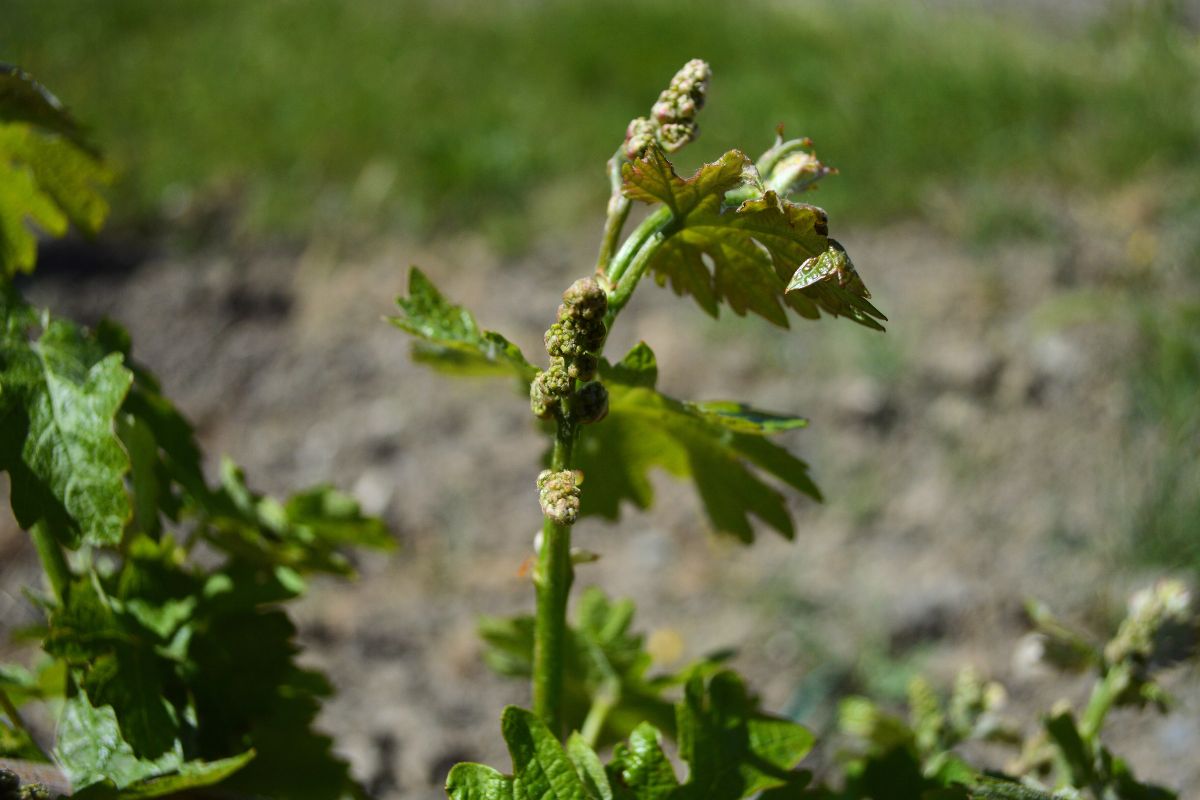

 Cantalici main technique for organic grape growth consists of the "obsessive care" of the vineyard, and therefore in the prevention of diseases that can attack the vine while it grows.
Cantalici main technique for organic grape growth consists of the "obsessive care" of the vineyard, and therefore in the prevention of diseases that can attack the vine while it grows.
